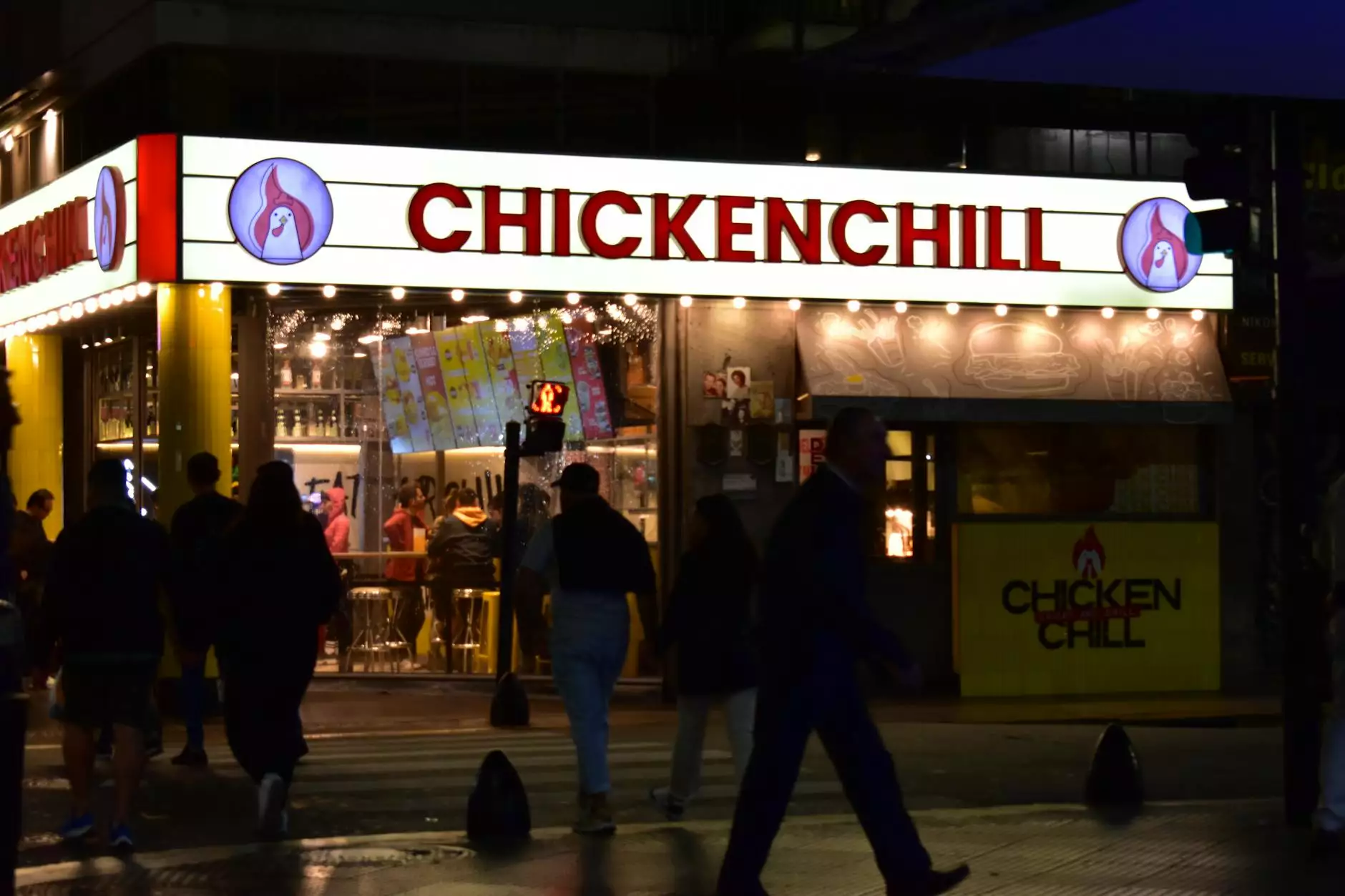Inexpensive Food Franchises: Your Gateway to Entrepreneurial Success

In today's dynamic market landscape, the appeal of inexpensive food franchises cannot be overstated. They present a unique opportunity for aspiring entrepreneurs to dive into the world of business ownership without the hefty price tag typically associated with starting a new venture. This comprehensive guide will explore everything you need to know about inexpensive food franchises, highlighting the benefits, key players in the industry, and how to make an informed investment.
Defining Inexpensive Food Franchises
Before delving deeper, it’s critical to understand what constitutes an inexpensive food franchise. Generally, these are franchise opportunities where the initial investment and ongoing fees are relatively low compared to traditional food franchises. This makes them accessible to a broader range of aspiring business owners. Here are some key characteristics:
- Lower Startup Costs: Typically involves lower franchise fees, equipment costs, and initial inventory.
- Simple Business Model: Often features a straightforward operational model that is easy to manage.
- High Demand Products: Focuses on food items that are consistently in demand, ensuring a steady customer base.
The Benefits of Investing in Inexpensive Food Franchises
Investing in an inexpensive food franchise comes with numerous advantages. Here are some compelling reasons why you should consider this lucrative path:
1. Accessibility for Entrepreneurs
With lower financial barriers to entry, a wider demographic of potential franchisees can consider ownership. This includes young entrepreneurs, working professionals looking for a side hustle, and retirees seeking new opportunities.
2. Proven Business Models
Many inexpensive food franchises operate on well-established business models. Franchisers often provide comprehensive training and ongoing support, reducing the risk associated with starting a new business from scratch.
3. Brand Recognition
Franchises benefit from existing brand recognition. Customers are more likely to support a familiar brand, which can significantly increase your chances of success compared to launching an independent startup.
4. Flexibility and Scalability
Many inexpensive food franchises offer flexible business formats, including kiosks or food trucks, which allow for scalability. Whether you start with one location or multiple, the choice is yours!
Popular Inexpensive Food Franchise Options
Let’s take a look at some popular inexpensive food franchises that have gained traction in recent years. Each offers unique opportunities and market appeal.
1. Coffee and Beverage Franchises
Franchises like Jittery Joe's Coffee or 7 Brew Coffee have minimal startup costs and cater to the ever-growing caffeine-loving consumer market.
2. Food Truck Franchises
With the explosion of the food truck culture, franchises such as Fry Me to the Moon or Captain Cookie and the Milkman offer low-cost entry points while providing flexible operational models.
3. Fast Casual Concepts
Franchises like SUBWAY and Freshii have embraced the fast-casual dining trend, making them appealing for health-conscious consumers and anyone looking for convenience without sacrificing quality.
Researching Your Franchise Options
Deciding on a franchise isn’t just about finding the right price; it’s also about ensuring the franchise aligns with your values and goals. Here’s how to conduct effective research:
Understanding Franchise Disclosure Documents (FDD)
The FDD is a crucial document that contains essential information about the franchise. Review it thoroughly to understand the franchise terms, fees, and the history of the franchise.
Conducting Market Research
Analyze the target market for your franchise. Are there existing competitors? What are the local consumer trends? Understanding your environment is vital for success.
Networking with Existing Franchise Owners
Reach out to current franchise owners to get their insights and experiences. Joining franchisee forums can provide invaluable information that might not be readily available elsewhere.
The Initial Investment: What to Expect
While inexpensive food franchises have lower startup costs, it’s essential to understand the components of the total investment. Here’s what you should budget for:
1. Franchise Fee
This is the initial fee paid to the franchisor for the right to operate under their brand. It can range from a few thousand to tens of thousands of pounds.
2. Equipment and Supplies
Depending on the type of food franchise, you will need to invest in kitchen equipment, furniture, and supplies. This can vary significantly, so it’s essential to assess these needs early.
3. Location Costs
Rent or lease payments for your business location can be a significant expense. Research potential locations and their associated costs carefully.
4. Ongoing Royalties and Marketing Fees
Most franchises require ongoing royalty payments based on sales, as well as contributions to a national marketing fund. Understanding these costs will help you budget effectively.
Mastering the Operational Side of Your Franchise
Once you’ve established your franchise, operational excellence becomes essential for profitability and growth. Here are some operational best practices:
1. Staff Training and Management
Your staff is your most valuable asset. Invest in comprehensive training programs to ensure that employees understand the brand standards and deliver exceptional customer service.
2. Quality Control
Maintaining consistent food quality is crucial. Develop standard operating procedures (SOPs) that outline each aspect of food preparation and customer service to ensure a consistent experience.
3. Marketing Strategies
Even the best food franchise needs effective marketing. Utilize digital marketing, social media, and local outreach to engage with your community and attract customers.
Future Trends in the Food Franchise Industry
The food franchise industry is ever-evolving. Here are some trends to watch for that could impact the attractiveness of inexpensive food franchises:
1. Health-Conscious Options
As consumers become increasingly health-conscious, franchises offering healthy, organic, or dietary-specific options will likely thrive.
2. Sustainable Practices
Franchises that adopt environmentally sustainable practices are gaining traction. This includes utilizing eco-friendly materials and reducing waste.
3. Technology Integration
The use of technology in food service, including online ordering, delivery services, and inventory management systems, is changing how these franchises operate.
Conclusion: Why Now is the Best Time to Invest
Investing in inexpensive food franchises presents an exciting opportunity for those looking to carve their niche in the vibrant world of food service. With lower barriers to entry, proven business models, and the support of a franchise network, aspiring entrepreneurs can find success in this sector. By doing thorough research and strategic planning, you can make informed decisions that set the stage for a fruitful business venture.
Call to Action
If you’re ready to take the next step towards franchise ownership, explore the extensive franchise opportunities available on franchiselocal.co.uk. Whether it's buying a franchise or learning more about the latest trends, our resources will guide you through your entrepreneurial journey!









